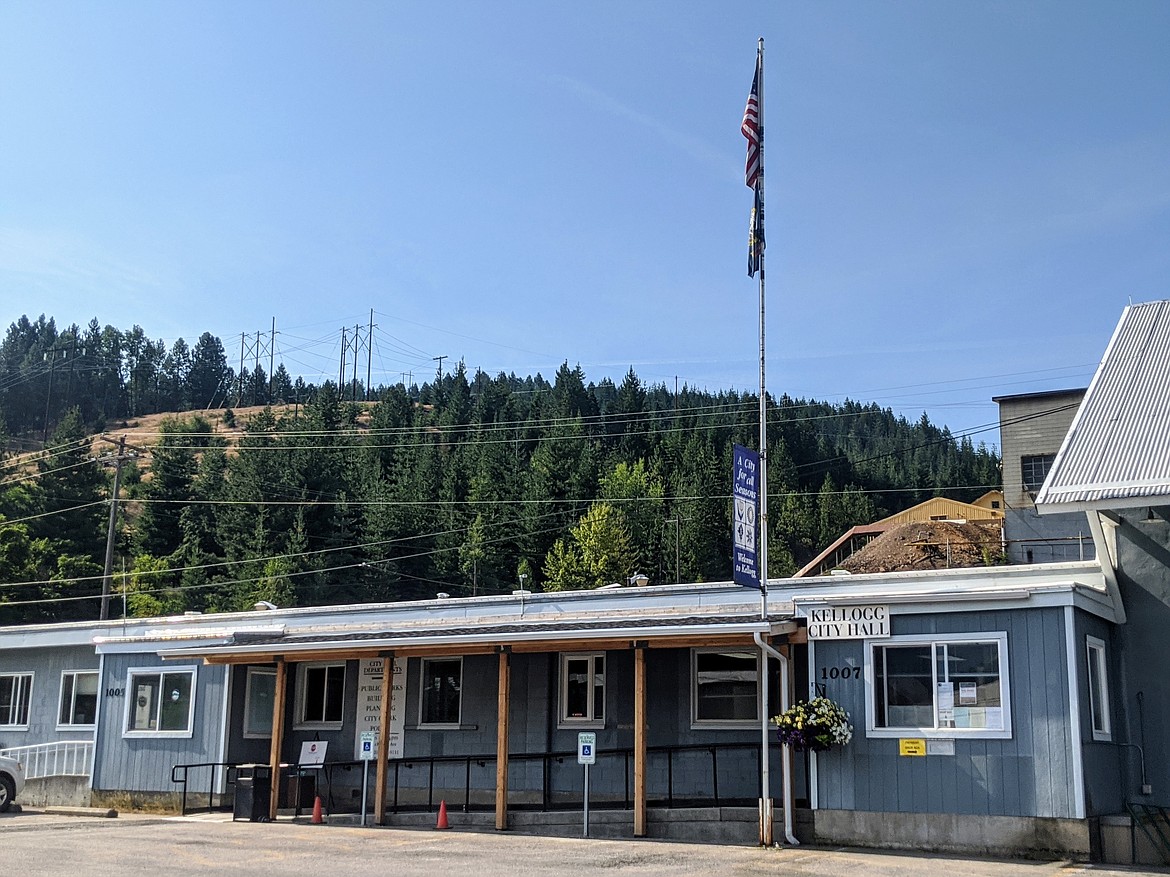Kellogg seeks to increase resort tax amount
KELLOGG — The city of Kellogg is asking its residents to increase the amount of money paid by visitors when they rent a room in town.
For the past seven years, Kellogg has imposed a 3.5% local option, non-property, tax (LOT) — commonly referred to as a ‘resort tax,’ this fee is imposed on any lodging inside the city limits of Kellogg that is less for a duration of fewer than 30 days.
Their hope is that voters in May will vote in favor of an ordinance that increases the amount of their LOT from the aforementioned 3.5 to 5.5%.
The city wants to stress that the LOT isn’t an increase on local property taxes — or even attached to property taxes, it is a completely separate entity that only affects those who are staying in Kellogg at a hotel or short-term rental (AirBnB, VRBO, etc…) for less than a month.
These types of taxes are only available to cities with populations below 10,000 people — with the goal of offsetting the impact of tourism on city streets and infrastructure, lessening the burden on residents. However, once a LOT is in place, certain changes made to it are subject to voter approval.
“LOT is just a fancy way of us saying that we’re going to tax things that aren’t land, aren’t people’s property,” said Kellogg's community planner Monica Miller. “It’s not going to show up on your tax rolls. It’s going to show up on a visitor’s hotel bill or their AirBnB bill in the breakdown of the fees associated with that stay.”
The LOT that is currently in place was scheduled to run for a duration of 10 years at the 3.5% rate, but as costs are increasing for everything from materials to labor, the city’s ability to use the money for its intended purpose was being hampered.
Along with a 2% increase, the city is proposing to add approved uses, increase penalties for unpaid local option non-property taxes, and extend the duration of the tax for another 10 years.
The primary use of the LOT is for the maintenance of Kellogg’s street system.
Any money generated above what is needed to maintain and upgrade the roads will be used for city parks, and the maintaining of public rights-of-way.
Years ago, the city struck an agreement with the Environmental Protection Agency, where the EPA would pay for the city to completely replace its roads — but the onus was on the city to keep those roads well maintained.
After years of historic mine pollution, including the use of harmful mine tailings to build up their roads, the EPA has required that a barrier is in place to keep the contaminants away from human exposure.
“It used to be that when we’d have a pothole, it was treated like an emergency and we’d get out there and patch it,” Jerry Cobb told the News-Press. “Now, with all of the work that we’ve done, and that barrier being in place, it’s not the environmental emergency that it was before.”
The cost of maintaining roads isn’t a small one, so the city looked into other ways to fund its maintenance efforts.
Cobb has been with the city for years in different capacities and was part of the group that brought the idea of a LOT before the city in 2011. When that failed, they went back to the drawing board because they felt as though the message about who was picking up the tab wasn’t being communicated clearly enough.
“The responsibility doesn’t fall on Kellogg’s taxpayers, but the tourists who stay here. These people come here and they stay for a few days,” Cobb said. “They use our amenities, they use our roads, our sidewalks, our parks… The LOT that they pay helps us maintain some of that.”
After putting out a clearer message, Kellogg passed Ordinance 574, which has been in place since 2015.
The plan was to put the city streets on a five-year chip seal cycle in order to keep them maintained and lessen the blow to the asphalt layer. They were able to get a section done pre-pandemic, but then in the years following, the costs of the materials needed to maintain that cycle have increased to a point where trying to maintain a five-year cycle with the revenues from 3.5% just wasn’t feasible — leading to the proposed increase.
Kellogg is just one of 19 cities in Idaho that utilizes a LOT, including Sandpoint, McCall, Driggs and Ketchum — however, even with the proposed increase Kellogg’s 5.5% is still significantly lower than most of those cities.
The city of Kellogg is planning to have a town hall meeting on Tuesday, April 25, at 6 p.m. at the Panhandle Health District office to allow community members to come and ask questions or get clarifications prior to the May 16 election date.

